Russia has granted regulatory approval to a second COVID-19 vaccine, President Vladimir Putin announced on Wednesday, adding that the country needed to ramp up the production of both the first and second vaccines.
Russia became the first country to give regulatory approval to a COVID-19 vaccine in August when Sputnik V has officially registered ahead of a large-scale clinical trial, drawing criticism from some quarters in the scientific community. The second Russian vaccine to get regulatory approval has been developed by the Vector State Research Centre of Virology and Biotechnology.
"We need to increase the production of the first and second vaccine. We are continuing to cooperate with our foreign partners and will promote our vaccine abroad," Putin was quoted by Reuters as saying.
Vector's vaccine, dubbed "EpiVacCorona", relies on chemically synthesized peptide antigens of SARS-CoV-2 proteins, conjugated to a carrier protein and adsorbed on an aluminium-containing adjuvant, according to details posted at ClinicalTrials.gov, a database of privately and publicly funded clinical studies conducted around the world.
Putin said that a third Russian vaccine against Covid-19, developed by the Chumakov Centre, would also be registered in the near future, Sputnik news agency reported.
Russian Deputy Prime Minister Tatyana Golikova said that she tested EpiVacCorona vaccine herself and experienced no side effects, said the report.
"The Vector centre is also initiating post-registration clinical trials in the various regions of Russia that would include 40,000 volunteers," she was quoted as saying.
The announcement of the second COVID-19 vaccine came as the country recorded a record daily increase in coronavirus cases and switched to online classes for a secondary school in the capital.
Unlike Western countries, Russia has given official approval to its COVID-19 vaccines without waiting for the results of large-scale trials in thousands of patients, which are normally required to prove that a drug is safe and effective. That decision has been criticised by scientists in other countries.
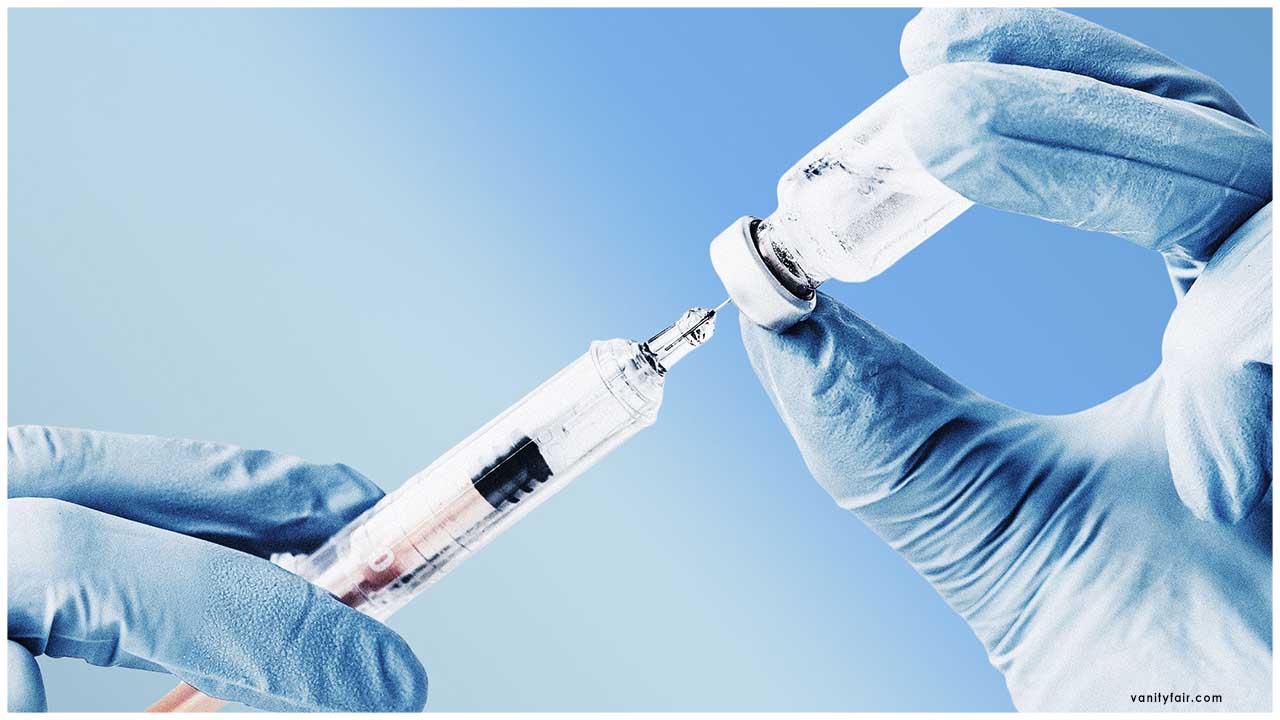
 Epivaccorona is developed by the Vector State Research Centre of Virology and Biotechnology.
Epivaccorona is developed by the Vector State Research Centre of Virology and Biotechnology.





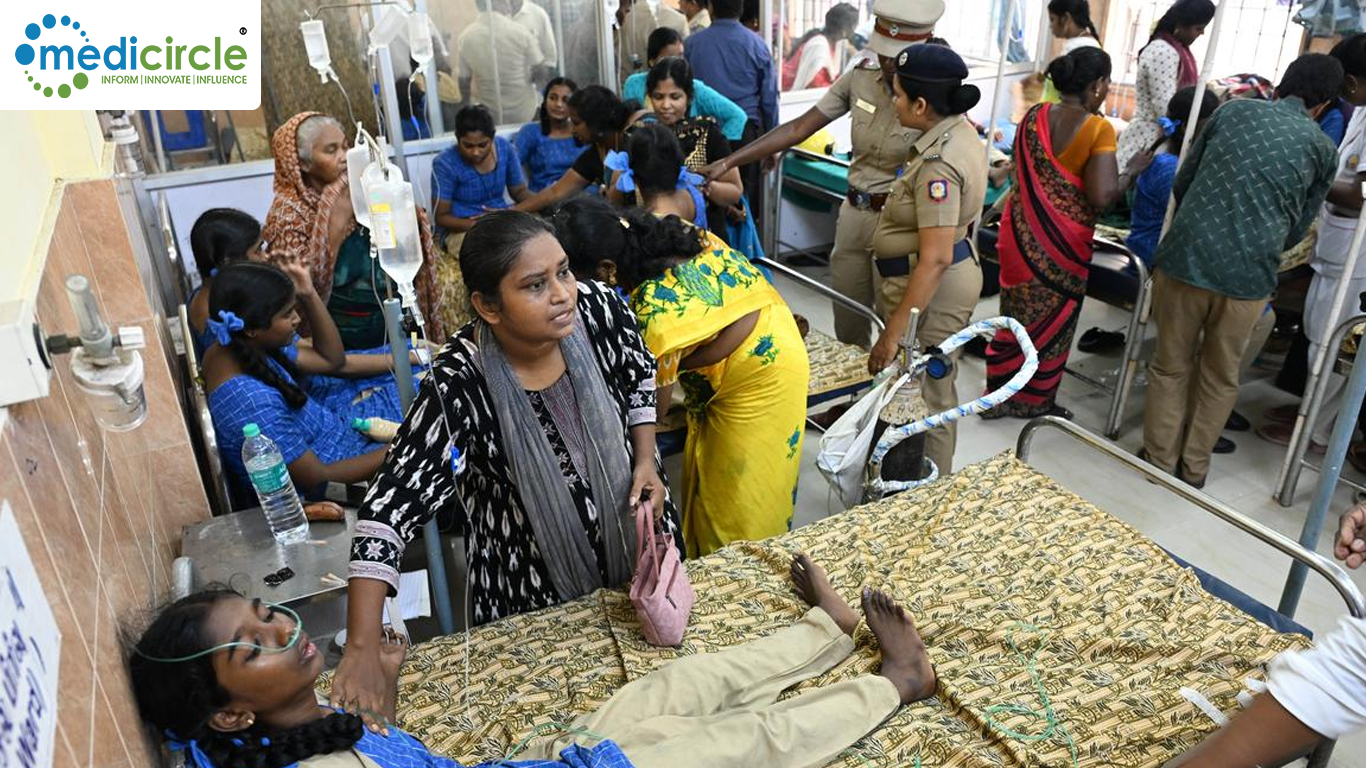
.jpg)
.jpg)

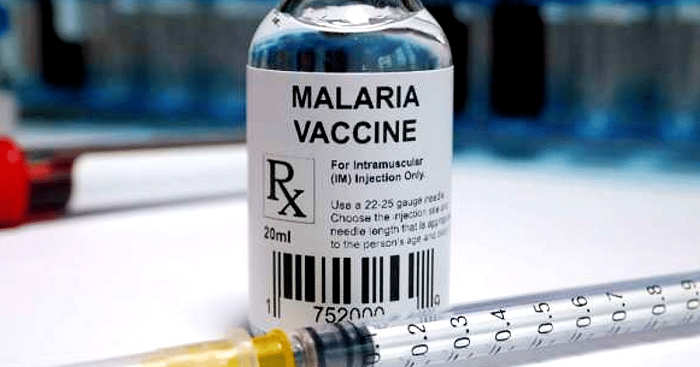
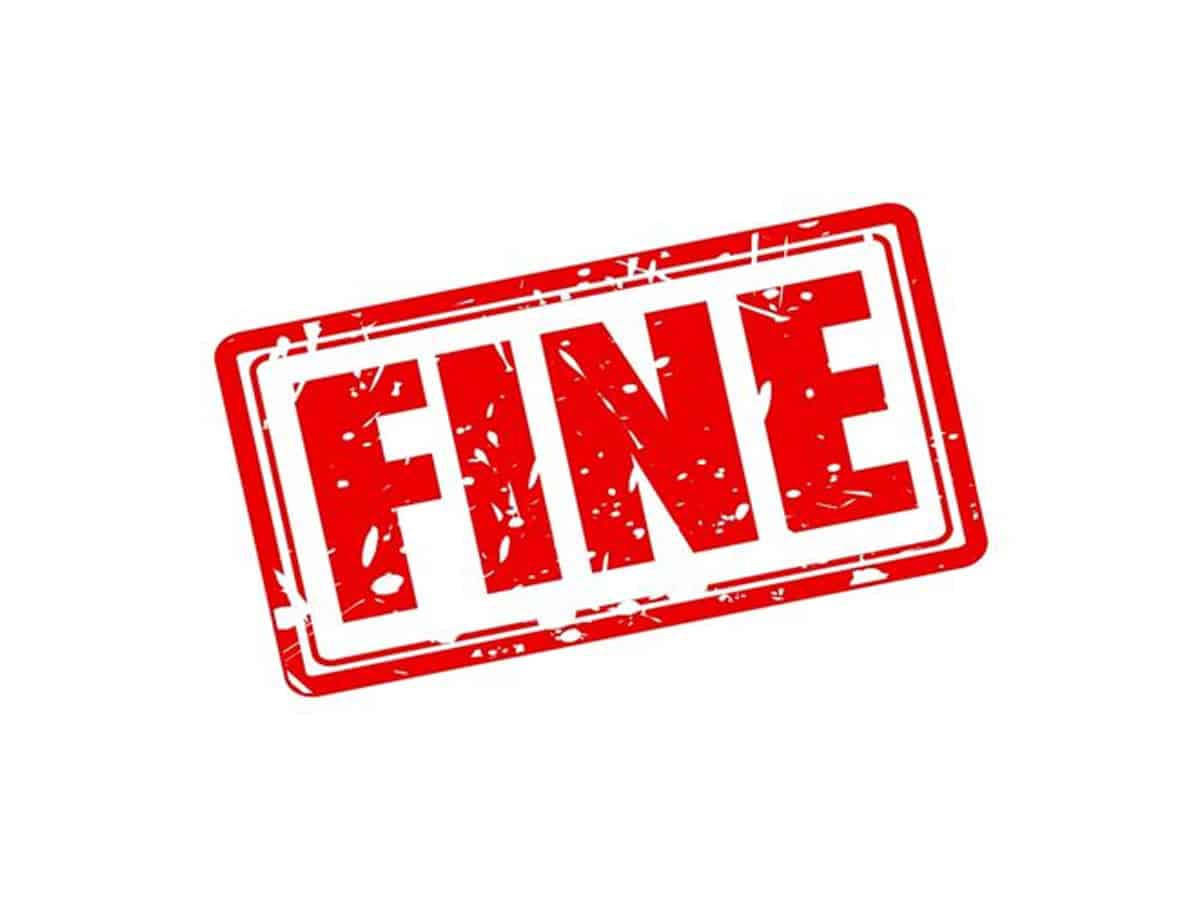
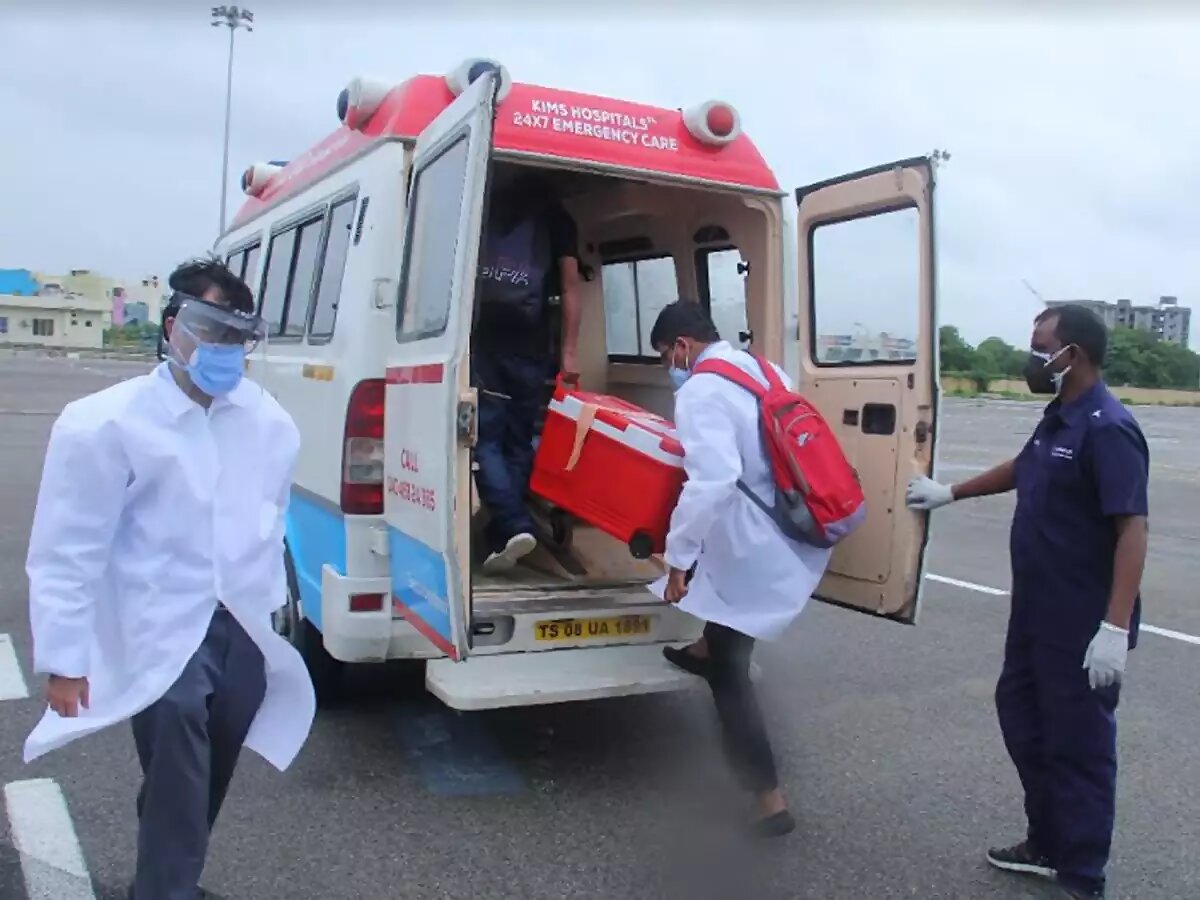


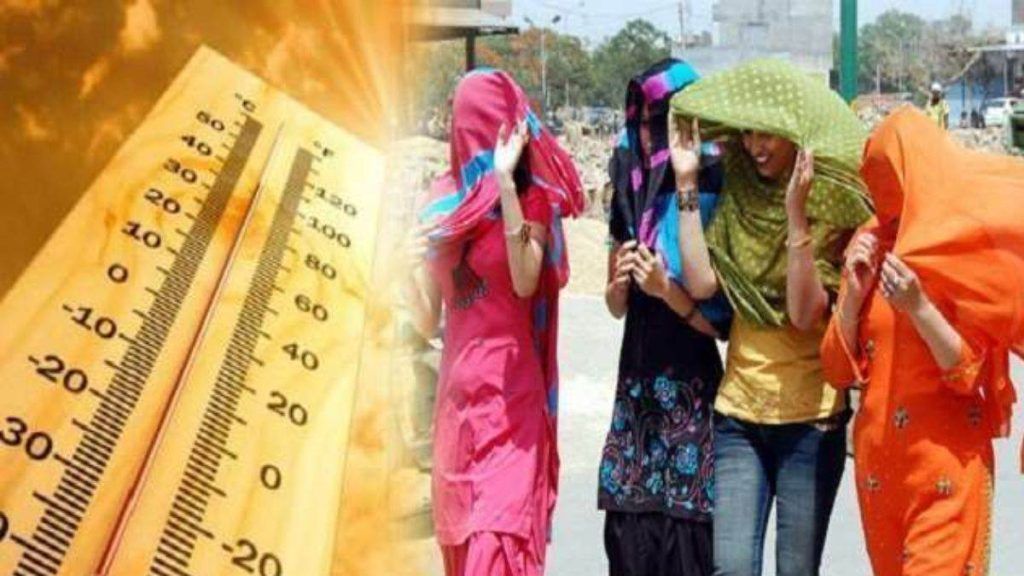





.jpeg)






.jpg)




.jpg)





.jpeg)
